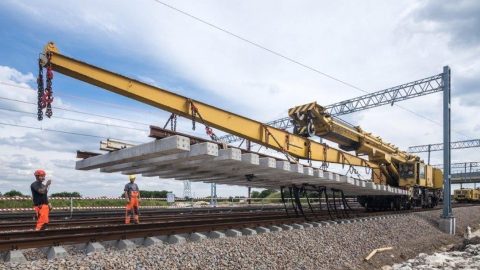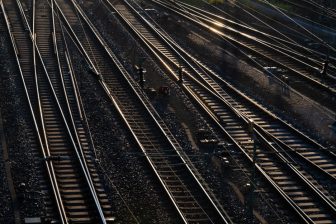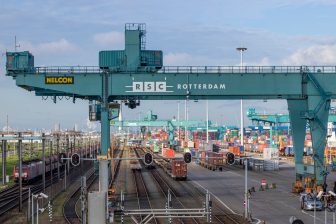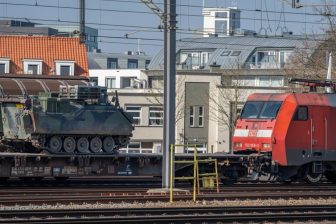
UK rail industry responds to ‘piecemeal’ Integrated Rail Plan
Modernisation of rail infrastructure in Poland Trakcja PRKiI
The Railway Industry Association, the national trade body representing over 300 rail companies, has responded unfavourably to the UK government Integrated Rail Plan. The long-awaited document, giving details of revised plans for the North of England and the Midlands, has been described by the association as ‘piecemeal’ and expressed worry that major elements within the plan have been significantly scaled back or cancelled.
Do you want to read the full article?
Thank you for visiting RailFreight.com. Become a member of RailFreight Premium and get full access to all our premium content.
Are you already a member?
Having problems logging in? Call +31(0)10 280 1000 or send an email to customerdesk@promedia.nl.




